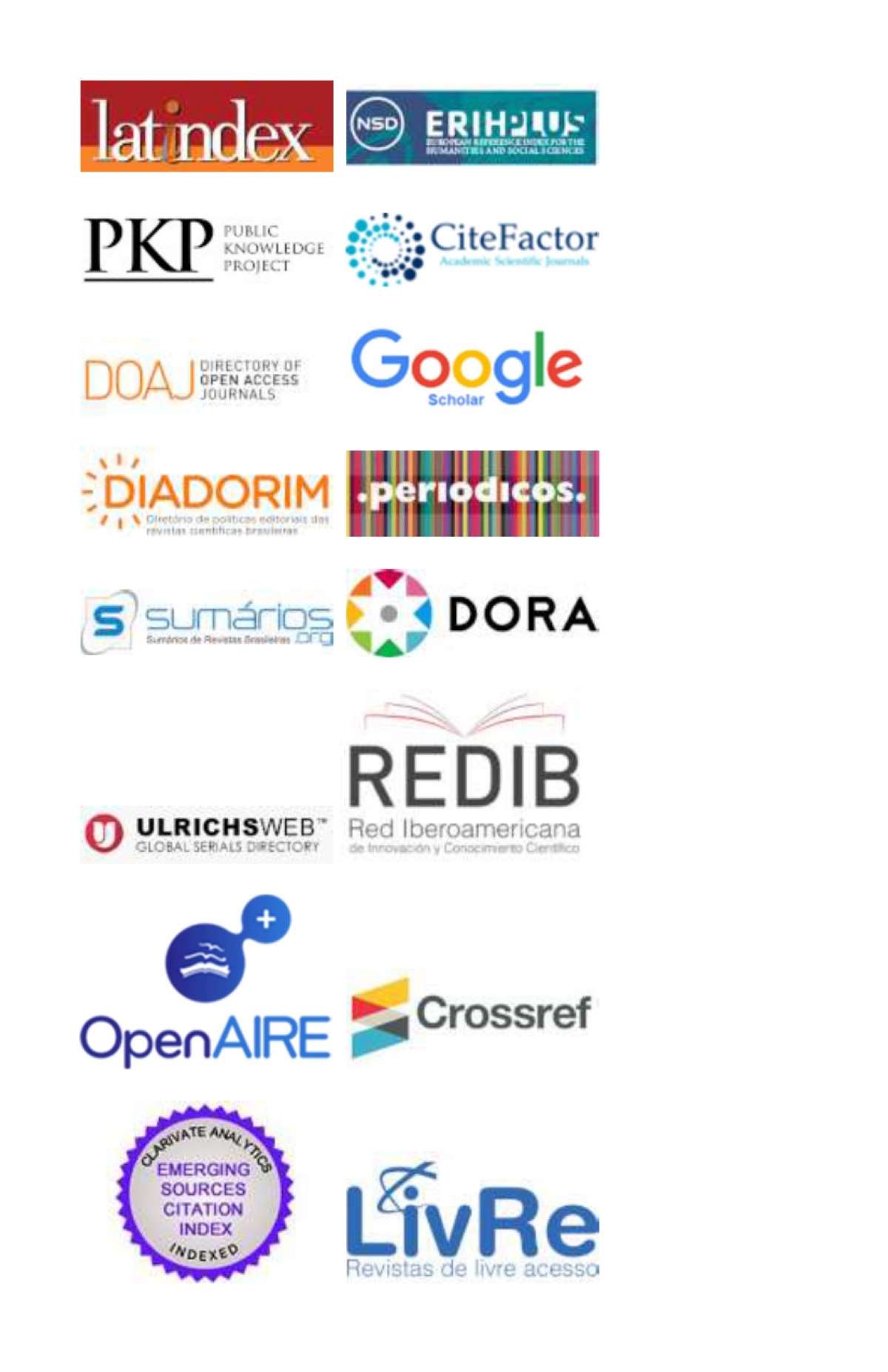THE BRAZILIAN FEDERAL SUPREME COURT AND ITS UNDERSTANDING OF THE AMICUS CURIAE
TOWARDS RESPONSIVE JUDICIAL REVIEW
DOI:
https://doi.org/10.21783/rei.v11i3.955Keywords:
amicus curiae, Supremo Tribunal Federal, Revisão judicial pluralista, Democracia constitucionalAbstract
This article examines the evolving role of the amicus curiae within the Brazilian Federal Supreme Court (STF), highlighting its potential to foster responsive judicial review as proposed by Professor Rosalind Dixon. The institution of the amicus curiae, recognized in Brazilian law by the Code of Civil Procedure and specific STF regulations, aims to enhance judicial deliberations through external contributions. However, the Court's restrictive practices—such as the non-appealability of decisions rejecting amicus curiae requests, the exclusion of natural persons from participation, and the prohibition of clarifying motions (embargos de declaração) by amici—often undermine its democratic and cooperative potential. These limitations reflect a broader tension between procedural rigor and the Court's capacity to adopt a pluralist form of judicial review. Drawing on international frameworks, especially Professor Dixon's theory of responsive judicial review, this study emphasizes the need for the Court to adopt more inclusive practices. A model of responsive judicial review requires courts to be open to diverse perspectives, rigorously observe legal norms, and maintain a firm commitment to democratic principles. The article proposes specific reforms to address these challenges, advocating for clearer criteria for the admission of amici curiae, the implementation of more robust procedural guarantees for participation, and a systematic interpretation of existing legal provisions. By aligning its practices with constitutional principles, the STF can foster a more dialogic and democratic judicial process, thereby strengthening its institutional legitimacy. This analysis not only critiques current practices but also envisions a path for the Court to reconcile procedural rigor with the demands of a pluralistic society, ensuring that the amicus curiae acts as a true ally of constitutional democracy.
Downloads
References
ALMEIDA, Eloísa Machado de. Capacidades institucionais dos amici curiae no Supremo Tribunal Federal: acessibilidade, admissibilidade e influência. In: Revista Direito e Praxis, v. 10, n. 1, 2019.
ARENHART, Sérgio Cruz; OSNA, Gustavo. Curso de Processo Civil Coletivo. 4ª ed. São Paulo: Revista dos Tribunais, 2022.
COLEHO, Damares Medina. Amicus Curiae: amigo da Corte ou Amigo da Parte? São Paulo: Saraiva, 2010.
DIXON, Rosalind. Responsive Judicial Review: democracy and disfunction in the modern age. Oxford University Press, 2023.
GODOY, Miguel Gualano de. STF e Processo Constitucional: caminhos possíveis entre a ministrocracia e o plenário mudo. Belo Horizonte: Ed. Arraes, 2021.
GODOY, Miguel Gualano de. Devolver a Constituição ao povo: crítica à supremacia judicial e diálogos institucionais. Belo Horizonte: Fórum, 2017.
GODOY, Miguel Gualano de. As audiências públicas e os amici curiae influenciam as decisões dos ministros do Supremo Tribunal Federal? E por que isso deve(ria) importar? In: Revista da Faculdade de Direito da UFPR, v. 60, 2015.
HÄBERLE, Peter. Hermenêutica constitucional – a sociedade aberta dos intérpretes da constituição: contribuição para a interpretação pluralista e procedimental da constituição. Porto Alegre: Sérgio Antônio Fabris Editor, 2002.
MARINONI, Luiz Guilherme; ARENHART, Sérgio Cruz; MITIDIERO, Daniel. Curso de Processo Civil: tutela dos direitos mediante procedimento comum. 7ª ed. São Paulo: Revista dos Tribunais, 2021.
MUNHOZ, Manoela Virmond. A participação do amicus curiae: interesse, funções, regime jurídico e classificação. São Paulo: Ed. Revista dos Tribunais, 2024.
MUNHOZ, Manoela Virmond. Questão de ordem no Tema 881 do STF: a indevida restrição de interposição de embargos de declaração pelo amicus curiae na repercussão geral. 2024. Disponível em: https://www.jota.info/opiniao-e-analise/artigos/questao-de-ordem-no-tema-881-do-stf-21042024/amp#respond.
Downloads
Published
How to Cite
Issue
Section
License
Copyright (c) 2025 Miguel Gualano de Godoy

This work is licensed under a Creative Commons Attribution-NonCommercial 4.0 International License.
The authors hold their copyright and concede to the JOURNAL OF INSTITUTIONAL STUDIES the right to the first publication, in accordance with the Creative Commons Attribution license.
Authors are strongly encouraged to publish their manuscripts in other medias, such as institutional repositories and personal pages. The Journal only requires the credits of the first publication.






